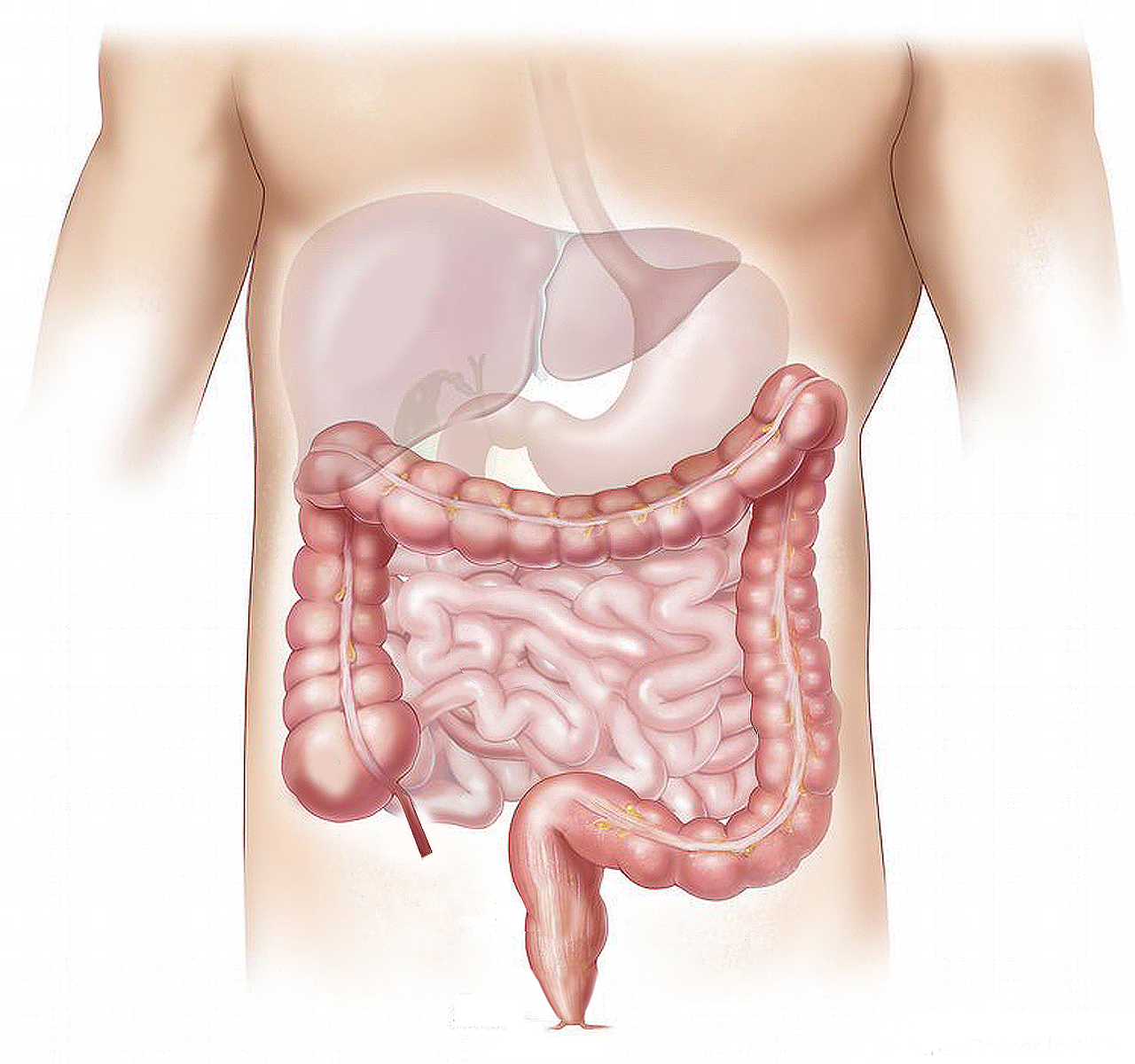ADD: Alternative Medicine As An Option

Dietary Intervention
While options for treating Attention Deficit Disorder (ADD) are continuously explored, many have sought dietary intervention to alter its symptoms. Dietary intervention is a treatment that involves removing particular foods from a child’s diet in order to decrease or eradicate the harmful effects of ADD. That also include modifying dietary behaviors. This is predicated on the incorrect assumption that food allergies or certain synthetic compounds, such as food color or preservatives, cause ADD. And, while many individuals hold this concept in high regard, there appears to be no scientific basis for it.
In addition, alternative medicine appears to be a technique that people either believe in or mock; there appears to be no between ground. It has come down to a pure matter of choice and free will. What is this high-low technique? Alternative medicine refers to any therapeutic strategy that goes outside of the realm of mainstream behavioral therapy and medication. In this case, when it comes to treating attention deficit disorder (ADD).
Nutritional Supplements
Another therapeutic option is to take nutritional supplements, which is obviously the polar opposite of dietary intervention. Glyconutritional supplements, megadose vitamins, amino acid supplementation, Gingko biloba, and a variety of other herbal therapies have all been marketed as cures for ADD.

Herbal medicines should be consumed with caution because they are not regulated by the FDA. Children are particularly vulnerable to the detrimental effects of these supplements. Before giving your child any form of medication, seek medical guidance.
More To Consider For ADD
The lack of motor timing and planning ability in children with ADD is the basis for interactive metronome training, which teaches the child to keep a rhythmic beat in sync with a computer. As a result, that inability improves. Despite the fact that only one study has been conducted, this technique appears to be promising. Of course, further research is needed before its utility can be completely appraised.
The use of lead treatment in children with ADD is based on increased hyperactivity in animals as a result of lead poisoning; this has led some to conclude that high lead levels and hyperactivity in children are linked.
Motion sickness medicine, candida yeast treatment, and optometric visual training are three areas of treatment that have received minimal attention. Internal ear difficulties (motion sickness medicine), toxins created by excessive yeast in the body (candida), or improper eye motions and eye sensitivity are all blamed for ADD (optometric visual training). The medical community has utterly dismissed each of these as having no basis in fact.
Applied kinesiology, or realigning the bones of the skull, and chiropractic treatment to balance brain activity through spine manipulation are two more alternative treatments for ADD.
So, is alternative medicine a viable option for treating Attention Deficit Disorder (ADD)? Well just as each individual is beautiful and unique so are the treatments that heal them. We have discussed dietary intervention, nutritional supplements and neurofeedback as showing promise in managing ADD symptoms for some individuals. However, they are not meant to replace evidence-based treatments. Behavioral therapy, counseling, and in some cases medication are still the go-to treatment for ADD. These interventions have been rigorously tested by scientists and have proven to be effective in managing symptoms, improving focus, and leading more productive lives.
It is critical to use discernment to be aware of the difference between alternative therapies that may complement traditional treatments and those that have not been proven to work or may be harmful.
Ultimately, the best way to treat ADD is usually a combination of evidence-based treatment with lifestyle changes, including diet, exercise and stress management. This is a more holistic solution. After speaking with a doctor, consider the full range of options available to find a treatment plan that fits your needs and wants. In every case, you should prioritize safety, effectiveness and your overall well-being.




